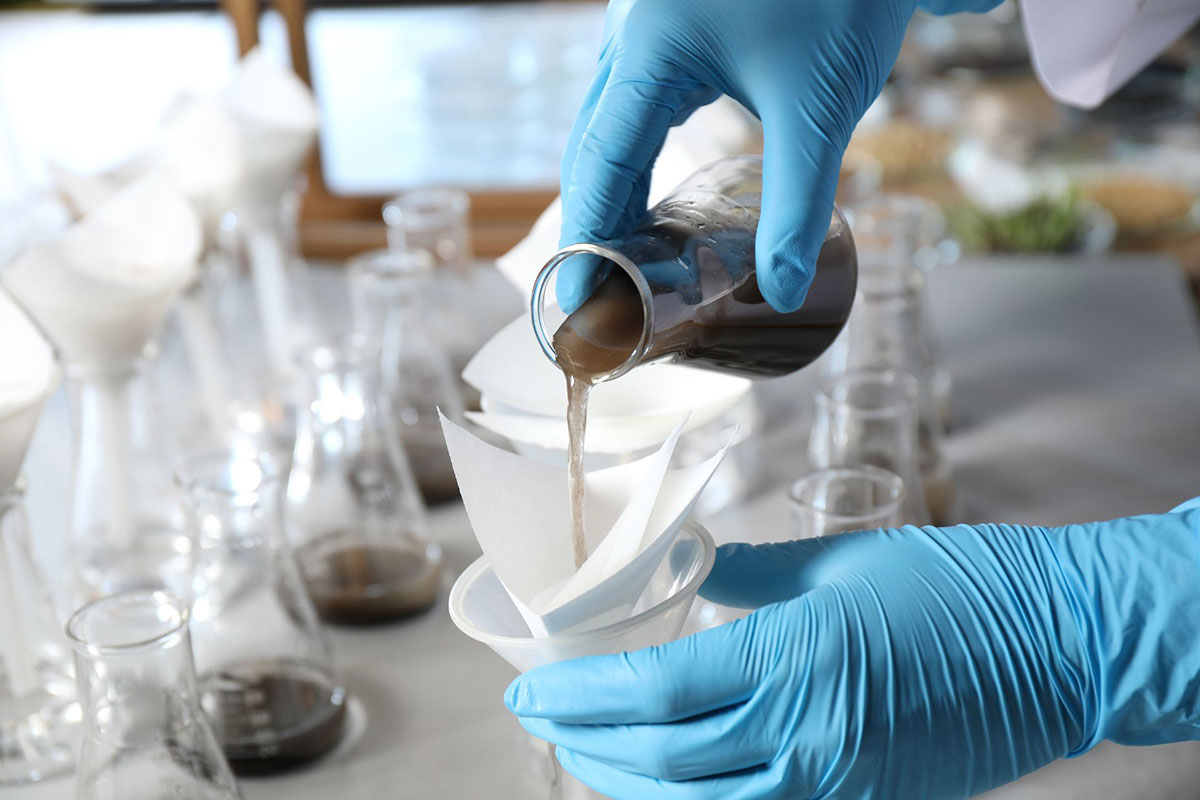Electrochemical Detection of PFAS for Rapid, Cost-Effective Water Monitoring
Electrochemical Detection of PFAS for Rapid, Cost-Effective Water Monitoring
Electrochemical Detection of PFAS for Rapid, Cost-Effective Water Monitoring
Program: Catalyst Grants
Program details » | All Catalyst Grants projects »

Per- and polyfluoroalkyl substances (PFAS) are synthetic chemicals that have become a growing priority in water monitoring and treatment due to their harmful effects and persistence in the environment. New EPA regulations set strict limits on PFAS levels in drinking water, creating an urgent need for faster, more cost-effective detection methods.
This project aims to develop a sensor that rapidly and selectively identifies PFAS subgroups at levels consistent with EPA standards. Using molecularly imprinted polymers (MIPs) integrated with gold electrodes, the sensor is designed to recognize specific PFAS molecules, enabling detection through electrical signal changes. The team will first fabricate the sensor, then test it in spiked water to assess accuracy, including with common contaminants. The sensor will provide a cost-effective, efficient, and more comprehensive solution for water monitoring than current methods.
Helen of Troy, manufacturer of PUR Water Filtration products, a collaborator on the project, will offer expertise in product design and usability. The company is helping to refine key sensor features such as size, scalability, and data management, ensuring the technology is practical for both consumers and large organizations like water utilities.
Upon successful development, the researchers will seek a patent for this innovative sensor design. Ultimately, a network of sensors could enable real-time PFAS monitoring across water systems, supporting proactive decision-making for environmental and public health protection.
Project team: Mark Burns, co-I (Chemical Engineering); Robert Kennedy, co-I (Chemistry); Kate Manz, co-I (Environmental Health Sciences); Sanaz Habibi (Chemical Engineering); Alyssa Schubert (MIDAS, Chemical Engineering)